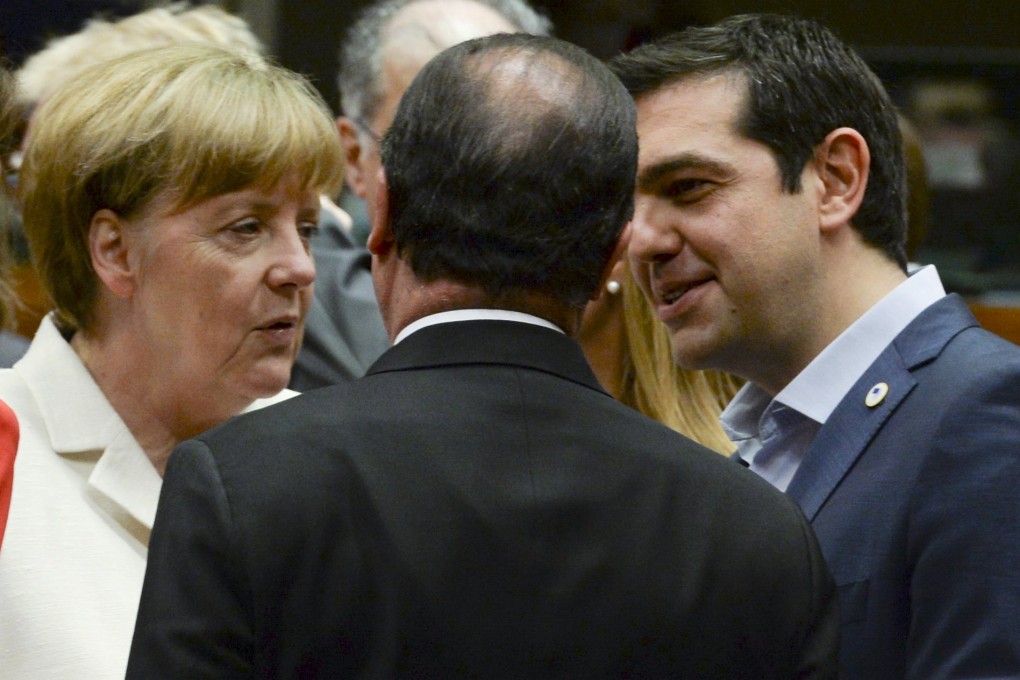The View | Negotiations not a zero-sum game to squeeze the last cent out of the other guy

Negotiations are very much in the news these days. The marathon talks to secure an agreement with Iran on its nuclear programme appear to have been successfully concluded and the European Union has been doing what it does best, endlessly talking and, in this instance, forging a tough deal with Greece.
Way down at the less glamorous end of the negotiating tree you will find businesses negotiating every day of the week. The differences between day-to-day business negotiations and those that take place between prominent people in fancy hotel rooms are remarkably small.
It may seem like a crude simplification but this negotiating stuff is basically about Party A wanting something from Party B and vice-versa. In almost all instances one of the parties is stronger than the other, which means that the other party is less likely to get all it wants and so will have to make compromises that are sufficiently palatable to achieve an agreement.
However there is a widespread illusion that negotiating skills can somehow produce an outcome that is radically different from that which is dictated by the relative strengths of the negotiating parties. This illusion is perpetuated by the genre of self help business books devoted to something called 'negotiating skills' or words to that affect.
In moments of weakness I have glanced at these works, which contain all manner of bizarre 'information'. Some of them stress the importance of dress, others ponder on patterns of speech, layout of the negotiating room and so on. So far, so bad but then we get to the elaboration of the blindingly obvious where we are told to prepare carefully for negotiations, to have a clear idea of your objectives and to have a pre-determined fall back position. Honestly, who knew!
Of course there are a number of commonsense rules and it is indeed possible that a slick operator will be able to secure some outcome from a negotiation that is superior to this party’s inherent strength. However this begs the extremely important question of what happens in the wake of these talks when the other party realises it has been short-changed.
